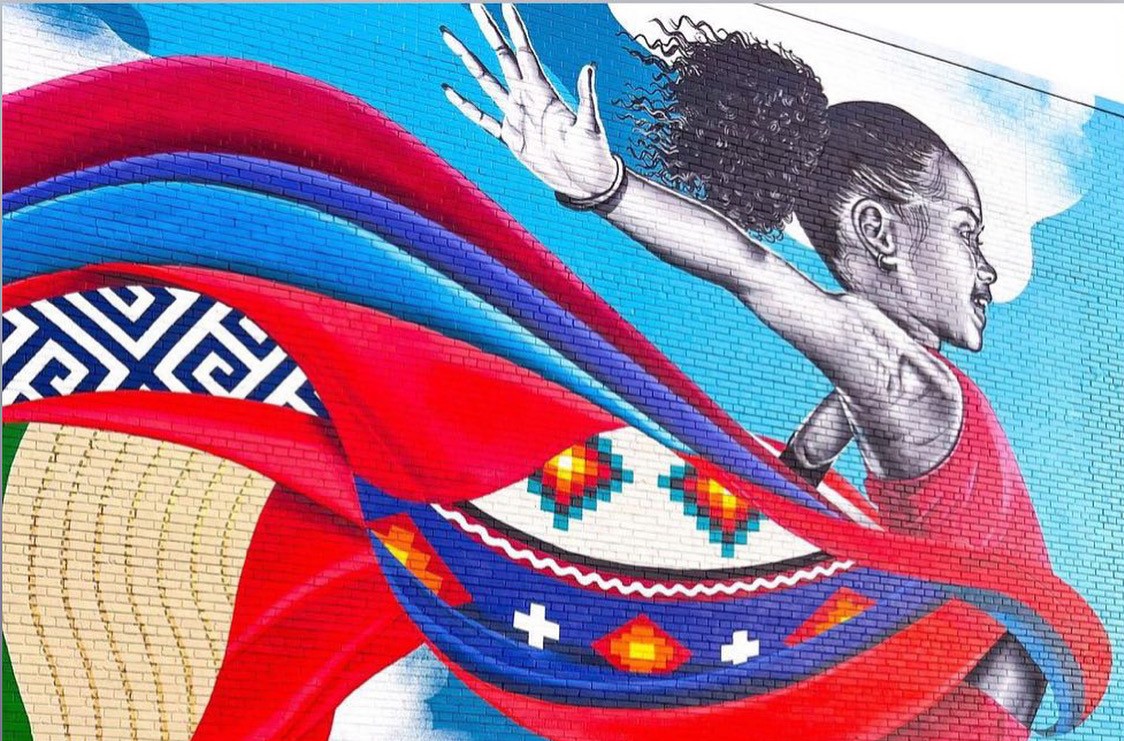 Our classroom and schoolwide community meetings are intentional ways of creating a community of kindness at SWS. For our schoolwide community meeting this month, students and staff are coming together around questions of equality and inclusion to honor Dr. Martin Luther King, Jr.
Our classroom and schoolwide community meetings are intentional ways of creating a community of kindness at SWS. For our schoolwide community meeting this month, students and staff are coming together around questions of equality and inclusion to honor Dr. Martin Luther King, Jr.
In January’s Principal’s Corner, Mr. Burst shares the value of SWS community meetings from his perspective.
Why are community meetings so valuable at SWS?
Community meetings are opportunities for children and adults to talk openly about issues at school and build our skills of creating a community of kindness. Teachers help children build language for talking with one another and advocating for oneself without criticizing other students in the process. One way we do this is through classroom meetings focused on day-to-day topics which encourage children to make requests of one another (and of adults) when there is a disagreement or unmet need.
Schoolwide meetings focus on larger questions, such as this month’s topic in honor of Dr. Martin Luther King, Jr: How are we all the same? How are we different? How do we make sure that everyone feels included and treated equally, no matter our differences?
All of this is done with the purpose of creating a culture of kindness and inclusion at school.
How are the community meetings in keeping with the Reggio nature of our school?
Community meetings reflect the Reggio principle that we “view children as competent, capable learners and valued citizens of the community.” The community meeting model also inherently values children’s contributions and their ability to learn from each other.
The schoolwide community meetings were developed by staff. Ms. Whitmore and Mr. Tome created this model for SWS (based on a model at Sidwell Friends School where they both worked previously) incorporating elements of the SWS annual Kindness Day (inspired by September 11th) to support our social curriculum. The origins of the meetings, plus the ownership that teachers and students take in developing the monthly topics and leading meetings, fit with our structure as a teacher-directed school.
(Read how the 2nd graders developed the November question, “How can we take care of our world?” and more details about the goals and structure of our community meetings.)
How are the community meetings related to the recent conversations we’ve been having around diversity?
We are committed to creating a safe, kind place for everyone at our school, and community meetings are one of the ways we’re building our culture of kindness. Many of the monthly topics have touched on diversity themes – how to make sure everyone feels included, how can we be kind to each other despite our differences, and how can we take care of the world around us.
The community meetings are an example of how we’ve been tackling diversity in the rhythm of the school over the past several years. The diversity committee has been exploring means to explicitly address creating a more inclusive school environment at SWS. Community meetings within the classrooms and schoolwide is one of the methods we are using to create a welcoming space for all.
How can families get involved?
The schoolwide and classroom community meetings are really designed for the children, but we want to create more home/school connections around our monthly topics. This means that we will share out the month’s question so that families can talk about it at home during breakfast or dinner, before bed, or in the car. This is a way for families to further support children in thinking about caring for one another and our world.
This month, I encourage families to discuss our questions honoring Dr. Martin Luther King, Jr: How are we all the same? How are we different? How do we make sure that everyone feels included and treated equally, no matter our differences?
Students are discussing this question in their classes all month and will come together Friday, January 15th in a schoolwide meeting on the topic.

